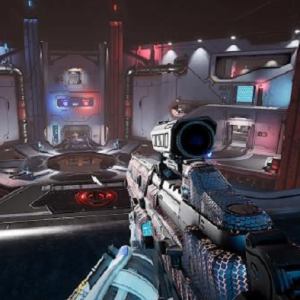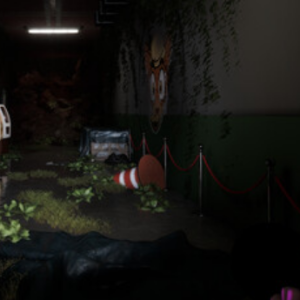Similiar games
Steal a Brainrot builds its entire structure around taking calculated risks. Players are placed in a competitive world where stealing brainrots from others and protecting your own becomes the core loop. Each brainrot adds to your passive income, which helps you upgrade your base or prepare for rebirth. This creates constant tension, as gaining resources means making yourself a bigger target. Unlike traditional collection games, this one forces you to manage both offensive actions and defensive planning simultaneously.
Growing Through Tension
Every new brainrot you acquire increases your value, but also raises the stakes. Other players can attack your base at any time if it’s not on lock, making defense critical. Building a secure layout is not just cosmetic; it determines whether your progress holds or resets. At the same time, to get stronger, you have to risk invading other bases. Each encounter is dynamic, shaped by how you approach traps, navigate enemy structures, and decide when to retreat.
Main systems and mechanics include:
- Passive income generation through brainrots
- Randomized creature drops with tier variations
- Rebirth mechanic for base and character upgrades
- Real-time player raids and defensive customization
- Rare events introducing unique brainrots
Defense Is Not Optional
Designing your base requires attention to layout, trap positioning, and movement flow. Players often use multi-floor structures or false paths to mislead invaders. Because raids happen in real time, watching enemy movements and reacting quickly is often the difference between success and failure. Some players opt for minimalistic layouts with key access points, while others build complex mazes to delay attacks. How you design your space is a direct reflection of your strategy.
Adapting to Evolving Challenges
Timed updates and new content keep Steal a Brainrot fresh over time. Whether it’s a new brainrot variant, mutation mechanics, or changes to rebirth balance, the game continuously shifts its meta. Players who adapt quickly tend to survive longer and make better use of limited-time opportunities. With new mechanics occasionally introduced, staying engaged is necessary not just to advance, but to maintain your position in the larger ecosystem of active players.



















